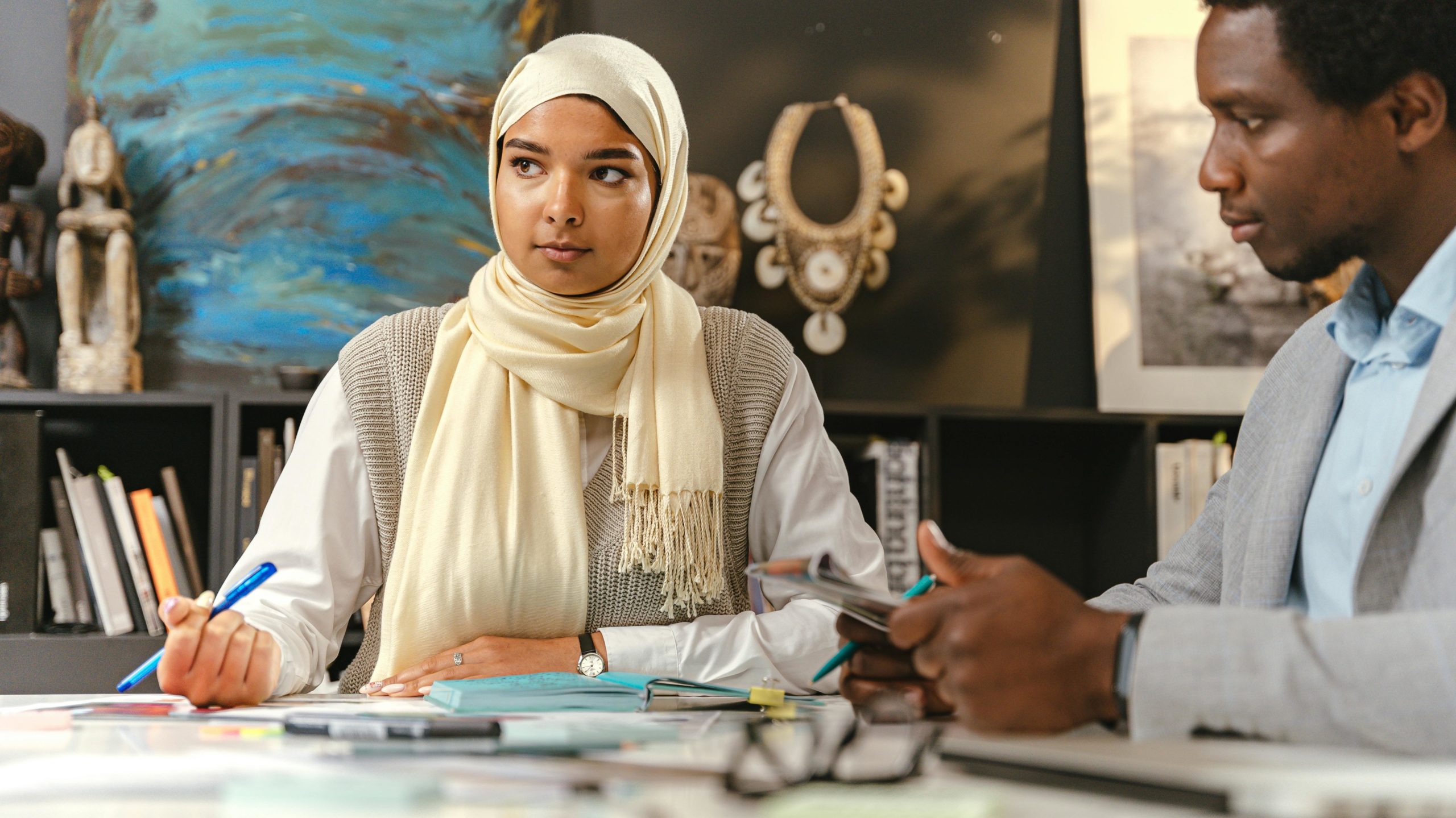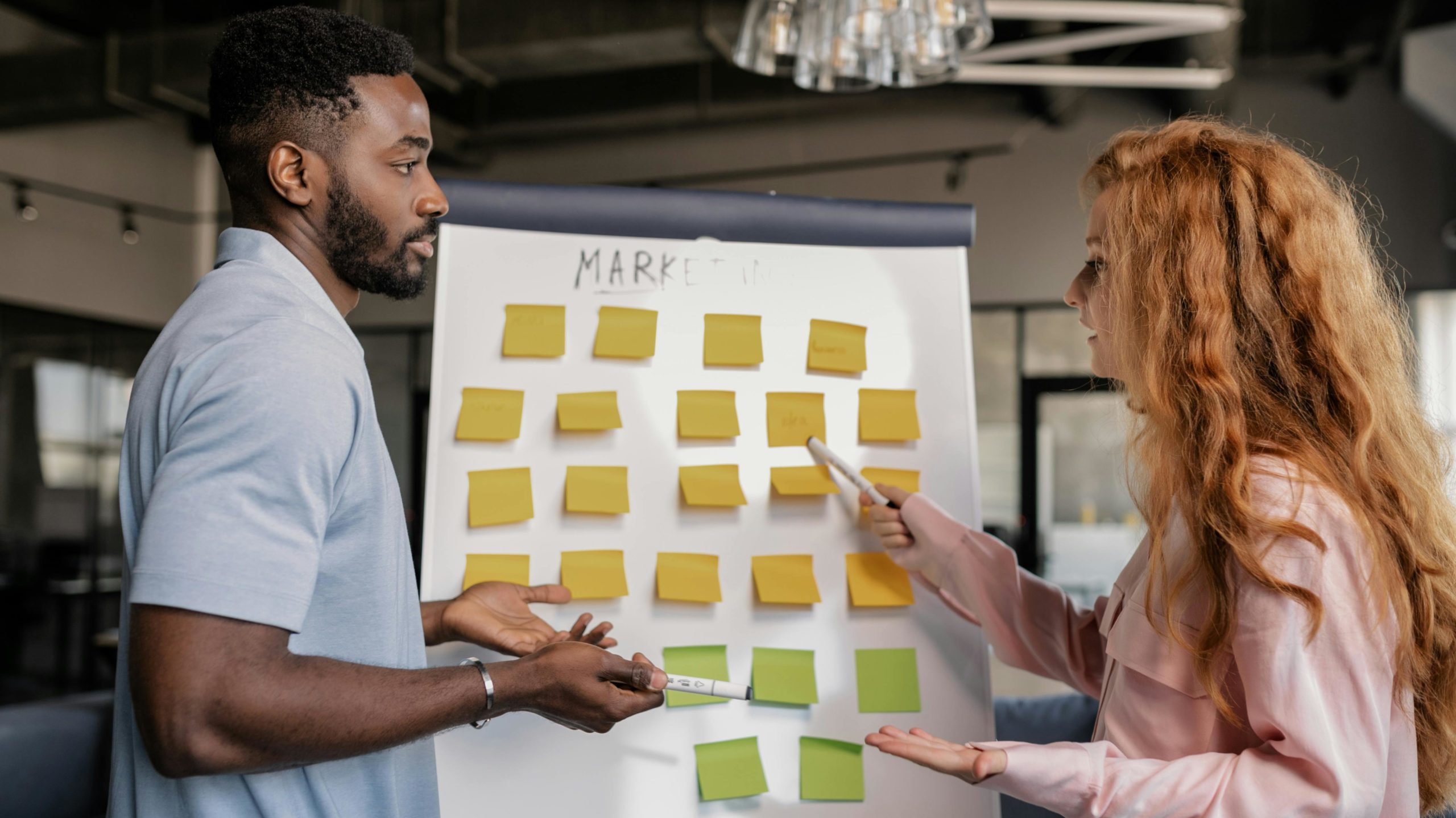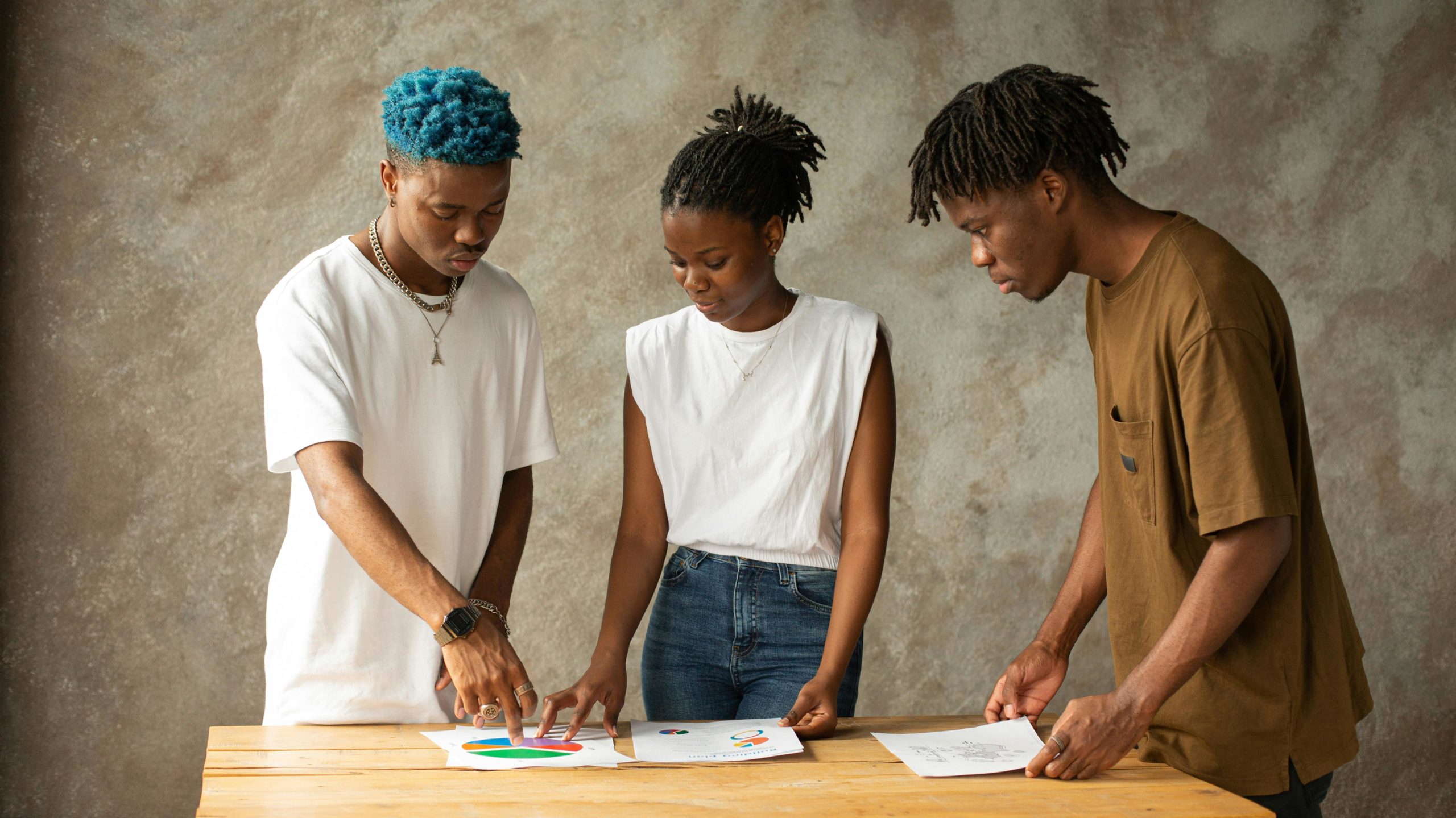Strengthening Museum Engagement with Refugee Communities
Based on the insights and learning from the Codifying Refugee Participation workshops in July 2024, the following calls to action outline tangible steps for museums, cultural and academic institutions to create more inclusive, ethical, and sustainable engagement with refugee communities. These actions recognise the need for sector-wide collaboration, leadership commitment, and structural changes to ensure that participatory practices are embedded into institutional frameworks rather than treated as ad-hoc projects.

1. Establish a Community of Practice for Museum and Refugee Professionals
Creating a peer-led network to share knowledge, support best practice, and build sustainable partnerships
A dedicated Community of Practice should be developed to connect museum professionals, refugee-led organisations, artists, and cultural practitioners working in this space. This network will provide an ongoing platform for knowledge exchange, resource sharing, and collective problem-solving, ensuring that learning from participatory projects is retained, built upon, and made accessible across the sector.
The community should be structured to foster cross-institutional collaboration, with a focus on:
- Sharing best practice case studies, methodologies, and research.
- Providing peer support and mentoring for those new to this work.
- Developing sector-wide guidelines on ethical participation, trauma-informed practices, and fair remuneration.
- Advocating for structural change within museums to ensure refugee engagement is embedded in core practice.
This initiative should be co-designed with refugee-led organisations and individuals with lived experience, ensuring it remains representative, inclusive, and genuinely responsive to community needs.
2. Embed Refugee and Inclusion Training into Continuing Professional Development (CPD) for Museum Senior Management
Ensuring institutional leadership actively champions this work
For refugee engagement to be meaningfully embedded within museums, senior leadership must take an active role in understanding and supporting this work. CPD for museum directors, trustees, and senior management should include dedicated training on participatory practice with refugee communities.
This CPD should focus on:
- Understanding the ethical, political, and structural challenges of working with displaced communities.
- Recognising the role of museums as spaces of welcome, representation, and community-building.
- Addressing institutional barriers to participation, including funding constraints and policy limitations.
- Developing frameworks for sustained institutional commitment, including embedding refugee engagement into strategic plans and governance structures.
By integrating refugee participation into leadership training, museums can shift from fragmented, short-term initiatives to long-term, embedded institutional change.

3. Implement Ethical and Sustainable Remuneration Models for Refugee Participants
Ensuring fair compensation and removing barriers to paid participation
Museums must establish clear and ethical remuneration policies for refugee participants, acknowledging the labour, expertise, and lived experience they bring. The sector should develop and adopt standardised guidelines on compensation, ensuring fair and consistent payment for all forms of participation, including advisory roles, co-curation, and artistic contributions.
Given the legal and financial barriers that some refugees face in receiving payment, alternative models such as in-kind support, skills training, or stipends should also be explored, ensuring that participation is never exploitative or extractive.
4. Adopt Trauma-Informed Practices Across Museum Engagement
Prioritising safeguarding and emotional wellbeing in all participatory work
Trauma-informed practice should be a foundational principle for museums engaging with refugee communities. This requires:
- Regular staff training on trauma awareness and sensitivity.
- Careful consideration of how exhibitions, collections, and storytelling approaches may impact participants.
- Offering flexible, non-extractive ways for refugees to share their experiences.
- Ensuring psychological support is available for both staff and participants engaged in sensitive work.
Embedding trauma-informed practice will not only benefit refugee engagement but will also enhance the sector’s broader approach to ethical and inclusive participation.
5. Increase Museum Representation and Employment Opportunities for Refugees
Ensuring that participation leads to long-term inclusion in the sector
Refugee participation in museums must go beyond temporary engagement. Institutions should actively create pathways for refugees into museum employment, including:
- Targeted apprenticeships, traineeships, and volunteer-to-employment schemes.
- Upskilling programmes to support refugees in accessing cultural sector roles.
- Reviewing recruitment practices to remove barriers to hiring people with lived experience.
Increasing representation within museum staff will ensure that refugee voices are not just consulted but embedded within decision-making processes.

6. Develop More Inclusive Museum Spaces and Interpretation Practices
Reimagining the museum as a space of hospitality, inclusion, and co-creation
Museums must critically examine how their spaces, collections, and interpretation methods support or exclude refugee communities. Actions should include:
- Ensuring interpretation materials and object labels are available in multiple languages, informed by the needs of local communities.
- Rethinking traditional exhibition formats to include lived experience narratives in meaningful and ethical ways.
- Expanding museum activity beyond traditional spaces, working in public, retail, and community spaces to increase accessibility.
- Creating clear policies on ethical storytelling and representation, co-developed with refugee participants.
By making these changes, museums can move beyond performative inclusion and become genuinely welcoming spaces for all.
Moving Forward
The Codifying Refugee Participation workshops demonstrated that the sector is ready for systemic change, but this requires institutional commitment, leadership accountability, and sector-wide collaboration. These calls to action provide tangible next steps that museums can take to embed participatory work with refugee communities into their core practice, ensuring that engagement is not just ethical and impactful, but also sustainable in the long term.
The responsibility now lies with institutions to move beyond good intentions and commit to real, structural change.